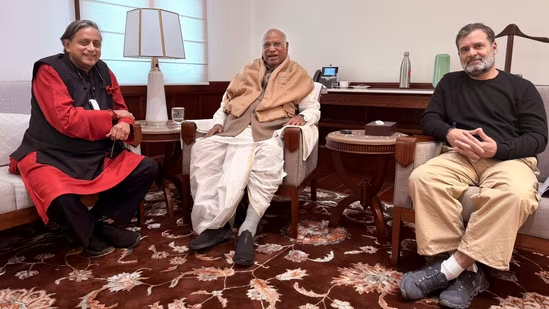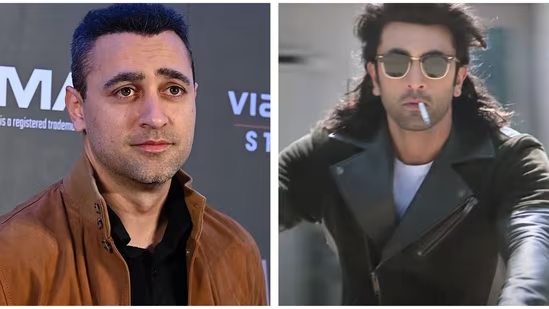In Short
- Perplexity CEO Aravind Srinivas warns Google’s ad-based model may hinder its AI browser future
- He criticises Google’s bureaucracy and slow innovation compared to Perplexity’s agility
- Perplexity bets on user-focused AI agents, challenging Google’s ad-revenue dominance
In a fiery Reddit “Ask Me Anything” session, Perplexity AI CEO Aravind Srinivas didn’t hold back in his assessment of Google’s future, or lack thereof, in the evolving landscape of AI-powered web browsing. As tech giants race to redefine the internet experience with smarter browsers and agent-driven search, Srinivas suggested Google’s reliance on ad-based search could soon become its Achilles’ heel.
Describing a looming shift in how users interact with the web, Srinivas painted a picture of a future where digital agents handle everything from browsing to decision-making. That, he argued, leaves little room for Google’s tried-and-tested business model that revolves around showing ads and racking up clicks. In his words, Google will face “business model constraints” when it comes to letting AI agents “do the clicks and work for you”, all while maintaining high ad revenues.
Despite Google’s own moves in the AI browser space, such as the internally developed “Project Mariner”, Srinivas said their progress is hampered by an inability to let go of legacy monetisation strategies. In what could be interpreted as both advice and warning, he remarked, “At some point, they need to embrace one path and suffer, in order to come out stronger.”
Srinivas’s company, Perplexity, is taking the fight straight to Big Tech with its offering, Comet, an AI-native browser launched on July 9. It’s currently only available via invitation to users of Perplexity’s premium plan, which costs $200 (approximately Rs 17,230) per month or $2,000 (approximately Rs 1,72,300) per year. A free version, however, is in the pipeline. And now, Airtel has also announced a new offer for its customers across India, giving them complimentary access to the Perplexity Pro subscription plan for one year.
Perplexity CEO Aravind Srinivas subtle dig at Google
Perplexity’s pitch is simple: let the browser do the heavy lifting — searching, comparing, summarising — so humans can focus on decisions, not digging through a dozen tabs. This agent-first approach, Srinivas believes, is the future. But it’s one he says Google is reluctant to fully embrace, because doing so would undermine the ad model that generated $198 billion in search revenue alone last year.
In contrast to Google’s scale, Perplexity is a scrappy upstart with a lean team. Leonid Persiantsev, Comet’s product lead, said the team is kept deliberately small to remain agile, a subtle dig at what Srinivas characterised as Google’s bloated bureaucracy. “Too many decision makers and disjoint teams,” he wrote, calling out what he sees as an organisational sluggishness holding Google back.
While Perplexity owes a debt to Chromium, the open-source browser engine maintained by Google, the company insists it is building with a different priority: users, not advertisers.
Srinivas also revealed that the company initially underestimated how willing people would be to pay for a browser experience free of intrusive ads and distractions. The early demand for Comet’s premium tier, he said, proved that “people are ready to pay for utility and independence.”
The Perplexity chief also touched on the inevitability of being copied by larger players. At a Y Combinator event in June, he noted, “If your company is something that can make revenue on the scale of hundreds of millions of dollars or potentially billions, you should always assume a model company will copy it.”
Indeed, Srinivas expects Google to pay close attention to Comet and eventually replicate its features. He pointed to Project Mariner as “similar but quite limited,” suggesting that innovation at Google tends to be reactive rather than pioneering.
Perplexity’s head of communications, Jesse Dwyer, echoed that sentiment in a statement to Business Insider, saying bigger firms not only borrow ideas but “do everything they can to drown your voice.” He added that the so-called “Browser War III” could end poorly for users if monopolistic tactics from “everything companies” prevail again.
Despite the shots fired, Srinivas was magnanimous in at least one regard. He acknowledged that without Chromium, Comet wouldn’t exist. But even so, he said Perplexity is betting on a different vision, one where AI agents serve people, not profit models.
“Enough of the monopoly of Google,” he said.































